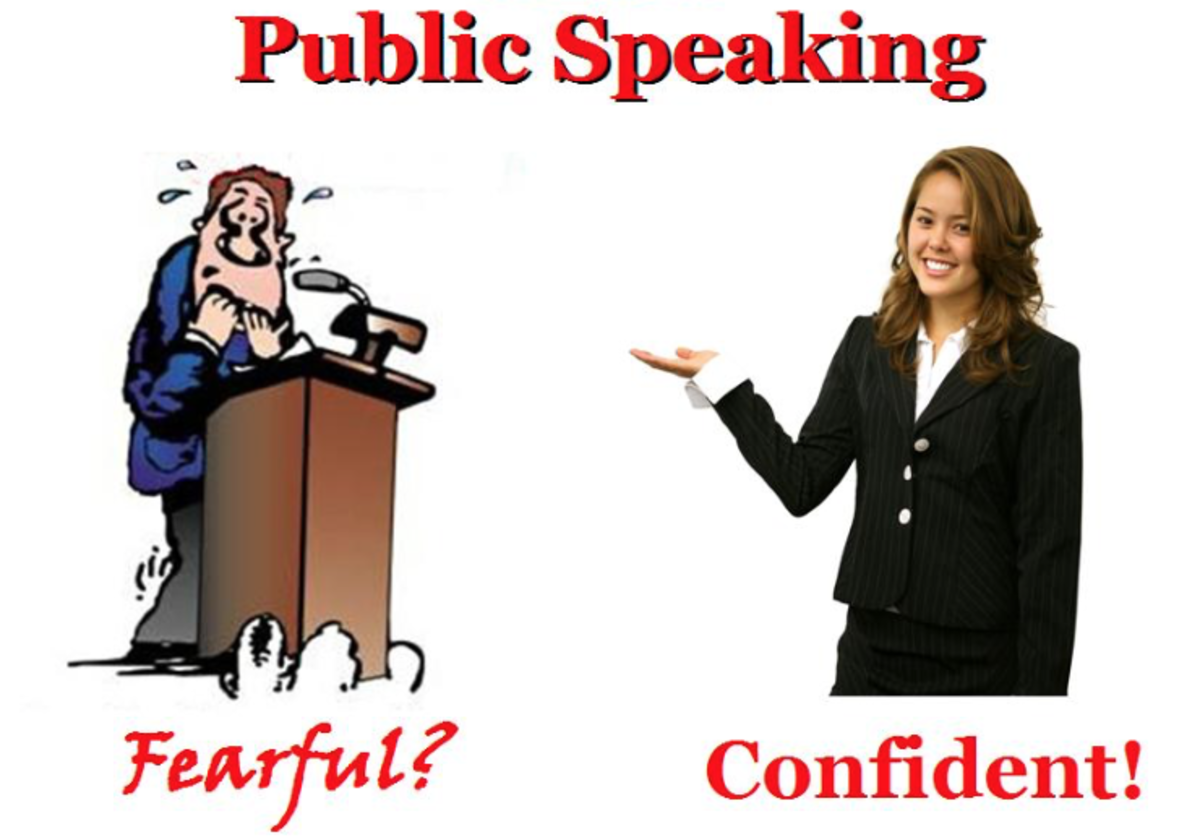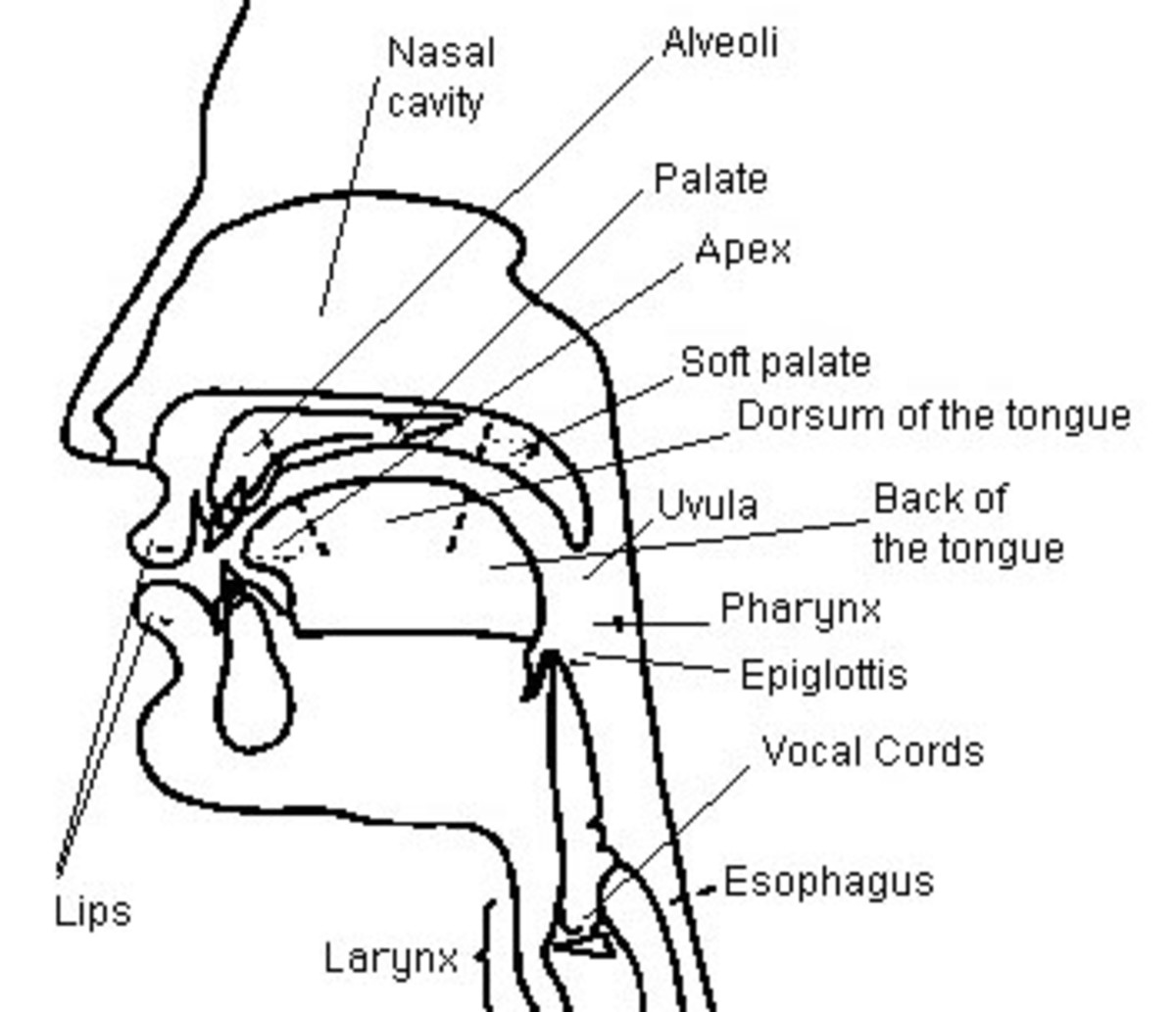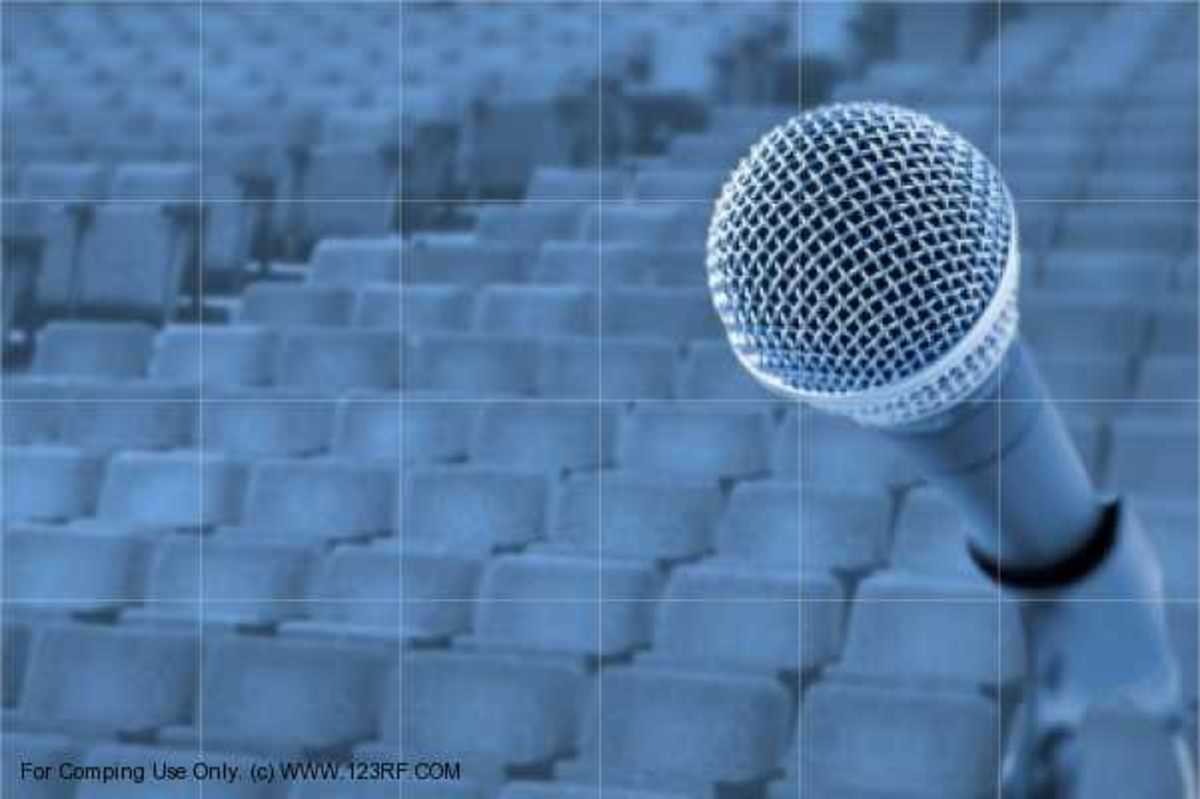Pull the Trigger - 3 Signs Your Presentation is Ready for an Audience

I Feel Prepared But I Still Don't Feel Ready!
Even accomplished speakers sometimes experience apprehension when determining whether their ideas are ready for the scrutiny of a formal audience. If you're not accustomed to consistently giving speeches then anxiety is an even greater likelihood. Most veteran public speakers have developed "internal sensors" via trial and error, signaling when they've sufficiently prepared for an engagement. Politicians rely on image consultants and personal coaches to insure clear and concise "talking points." Stand-up comedians refine new sets months prior to recording their material for mass distribution. Even professional athletes and celebrities confer with public relations specialists prior to making special announcements. It's no wonder that even well-prepared newcomers to public speaking undergo stage fright.
How do you know when it's time to put away the stopwatch and step up to the podium? Unless you're a "practiced hand" at measuring your internal presentation clock, you may need a few litmus tests for determining readiness. Below are a few such tests that can judge when your speech is "ripe" for contact with an audience.
It's All in the Timing
It's surprising but many professional performers - comedians, music artists - only deviate slightly between their performance times. These negligible fluctuations are not a result of kismet. It so happens that ample rehearsal often results in consistent run times for an array of presentations. This especially pertains to presentations assigned in Public Speaking courses or other venues with specific composition prompts. Such assignments typically harbor a tacit structure with an overt or implied time constraint.
To this end, it can be reasonably assumed that reaching a consistent time after several run-through rehearsals can serve as an aim for formal preparation. Usually, achieving a window of ten or fifteen seconds between performances signals a speech that includes all its materials. So, don't forget to bring a timer or stop watch to rehearsal as a means of determining the readiness of your presentation.
No Backsies!
Even when a speaker does forget an anecdote or trip over a transition, it's vital to "plow through" and continue to insure the credibility of the speech. Novice speakers have a tendency to regard speech making like calculating sums; start at the beginning and continue until the conclusion. This habit often means amateur presenters can lose momentum after encountering one or two obstacles during delivery. A mispronunciation or forgotten argument can compel novice speakers to "take it from the top." If frequent obstacles occur during rehearsal, frustration can overwhelm the speaker and deter adequate preparation.
The sooner a speaker can learn to watchword consistency over perfection, the more likely a speech will be ready for a formal audience. Good speeches are delivered with enough confidence that incidental mistakes can be overcome without backtracking to the presentation's introduction. Like a consistent time, this trait often derives from ample practice, enough to render the speaker comfortable with their material.
My Eyes are Up Here
Most speakers require some sort of script to prompt their delivery during a presentation. After all, if the President of the United Stated needs assistance from a teleprompter, it's reasonable to afford novice speakers a few index cards. However, amateur presenters should beware the rookie mistake of attending their script instead of the audience. Especially beginner presenters should take care to develop audience rapport, the trust and affinity generated between speakers and spectators. Over reliance on script can severely diminish a speaker's potential to develop the trust and understanding needed for a winning presentation.
An able gauge for a speech that has been primed for the proverbial podium can be measured in how much ease a speaker can transition from script to audience without hampering their overall rapport. A sound bellwether for a well-prepared speech is often determined by whether its presenter has the capacity to begin concentrating on their environment. When a speaker has enough composure to wonder "what is missing?" from a presentation, chances are the missing element is an audience.
The Readiness is All!
Know any other suggestions for strengthening public speaking training? I look forward to your comments and thank you in advance for any kind words. Check out my other Hub Pages for additional suggestions for navigating college assignments by working smart instead of merely working hard.








